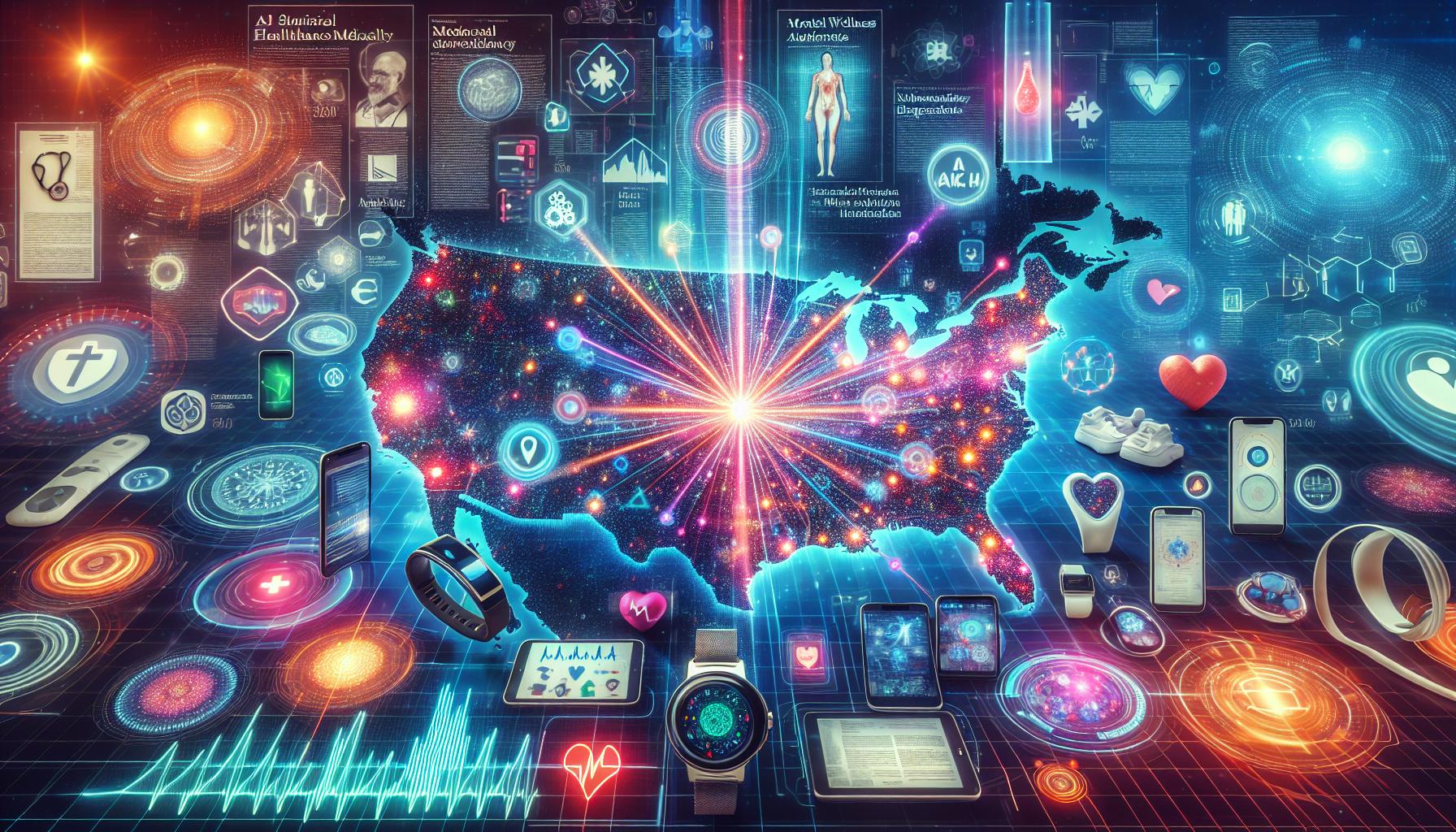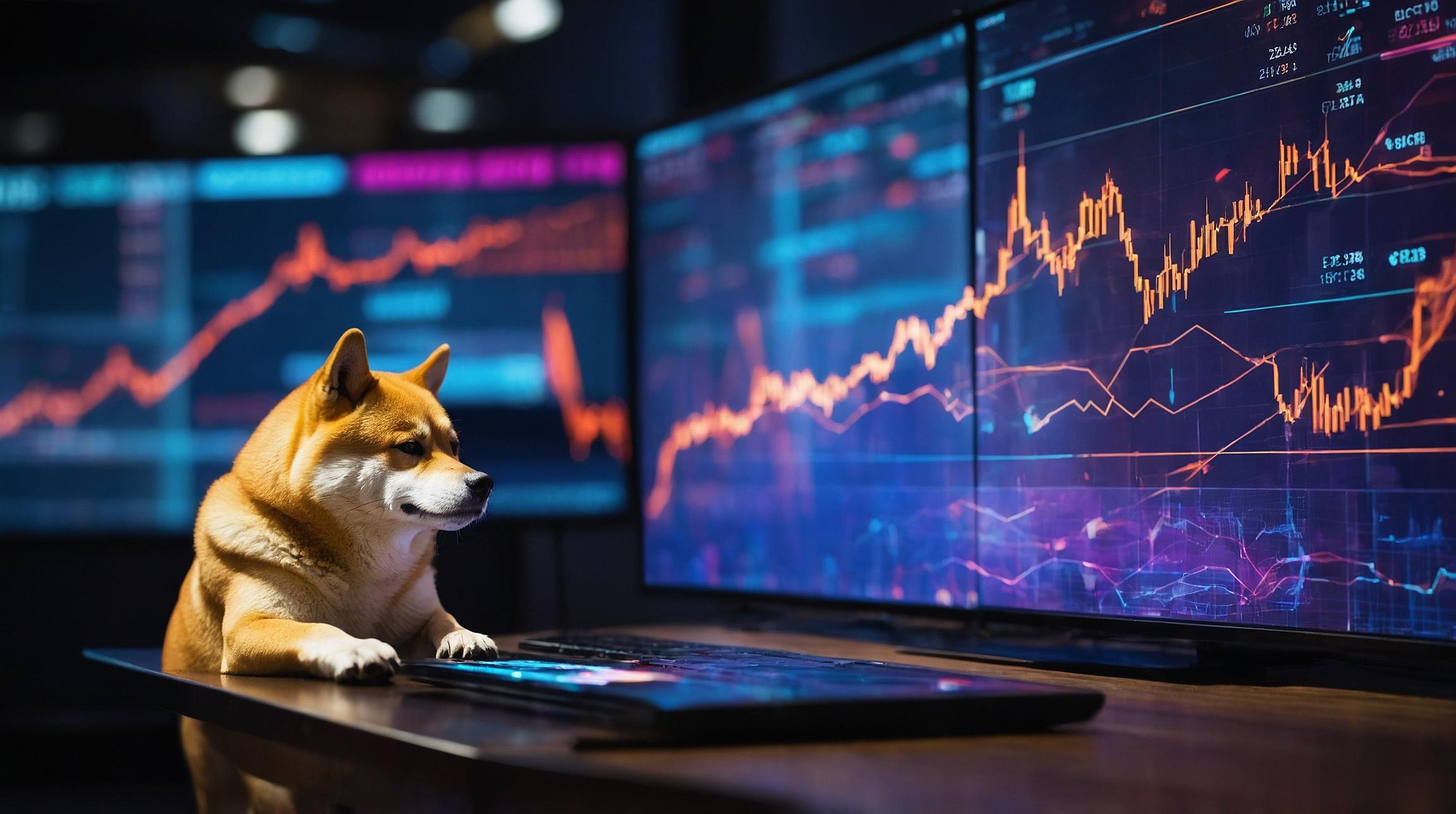The Growing Trend of Health Monitoring Technology in America
The use of wearable devices and other health monitoring technologies has become increasingly popular among Americans, with a recent survey conducted by the Cleveland Clinic revealing that 50% of the population now utilizes these technologies to track their health. This article explores the fascinating findings from the survey and highlights the potential implications for the future of healthcare.
The Impact of Health Monitoring Technology on Physical and Mental Health
The survey not only confirms the growing trend of health monitoring technology but also highlights its tangible impact on physical and mental health. Four out of five users reported positive changes in their well-being after using health-monitoring tech, emphasizing the transformative potential of these tools in promoting overall health and preventing disease.
Artificial Intelligence and the Future of Heart Care
The survey also sheds light on Americans’ perspectives on the role of Artificial Intelligence (AI) in healthcare. Three out of five respondents believe that AI will lead to better heart care, with 65% expressing comfort in receiving heart advice from AI technology. However, the survey also reveals a strong trust in human expertise, with 89% of respondents indicating that they would seek a second opinion from a doctor before acting on AI recommendations. This indicates a balanced view where AI is seen as a valuable aid but not a replacement for human medical advice.
Trust and Engagement with Health Monitoring Technology across Demographics
The survey highlights the significant trust placed in health monitoring technology across various demographics. For example, 84% of Hispanic respondents trust medical monitoring technologies in their electronic devices to improve their physical and mental health. Additionally, almost 80% of users reported positive changes in their mental or physical health after using these devices, showcasing the potential of health monitoring technology in facilitating health improvement across diverse populations.
Sharing Health Data with Healthcare Professionals for Comprehensive Care
While self-monitoring plays a vital role in health management, the survey emphasizes the importance of sharing this data with healthcare professionals for a holistic approach to care. 34% of users reported that they started paying attention to getting enough sleep, a crucial aspect of overall health. Dr. Ashish Surraju, a cardiologist with the Cleveland Clinic, highlights the significance of sharing health monitoring technology data with healthcare professionals to ensure comprehensive care.
In conclusion, the Cleveland Clinic’s survey provides valuable insights into Americans’ use and reliance on health monitoring technology. It showcases a shift towards a more proactive and empowered approach to health management. As the integration of technology into healthcare continues to evolve, it is crucial to maintain a balanced perspective, appreciating the value of AI and digital health tools while recognizing the irreplaceable role of human medical expertise.
Analyst comment
Positive news: The growing trend of health monitoring technology in America shows a shift towards proactive health management and has a positive impact on physical and mental health. Trust in health monitoring technology is high across demographics, and sharing data with healthcare professionals is emphasized for comprehensive care.
Market impact: The market for health monitoring technology is expected to continue growing as more Americans embrace these devices. Companies in the wearable technology and healthcare sectors are likely to see increased demand for their products and services. Additionally, there may be growing opportunities for companies specializing in AI and digital health tools to integrate their technologies into the healthcare industry. However, it is important for companies to recognize the importance of maintaining a balanced perspective, acknowledging the value of both technology and human medical expertise.













